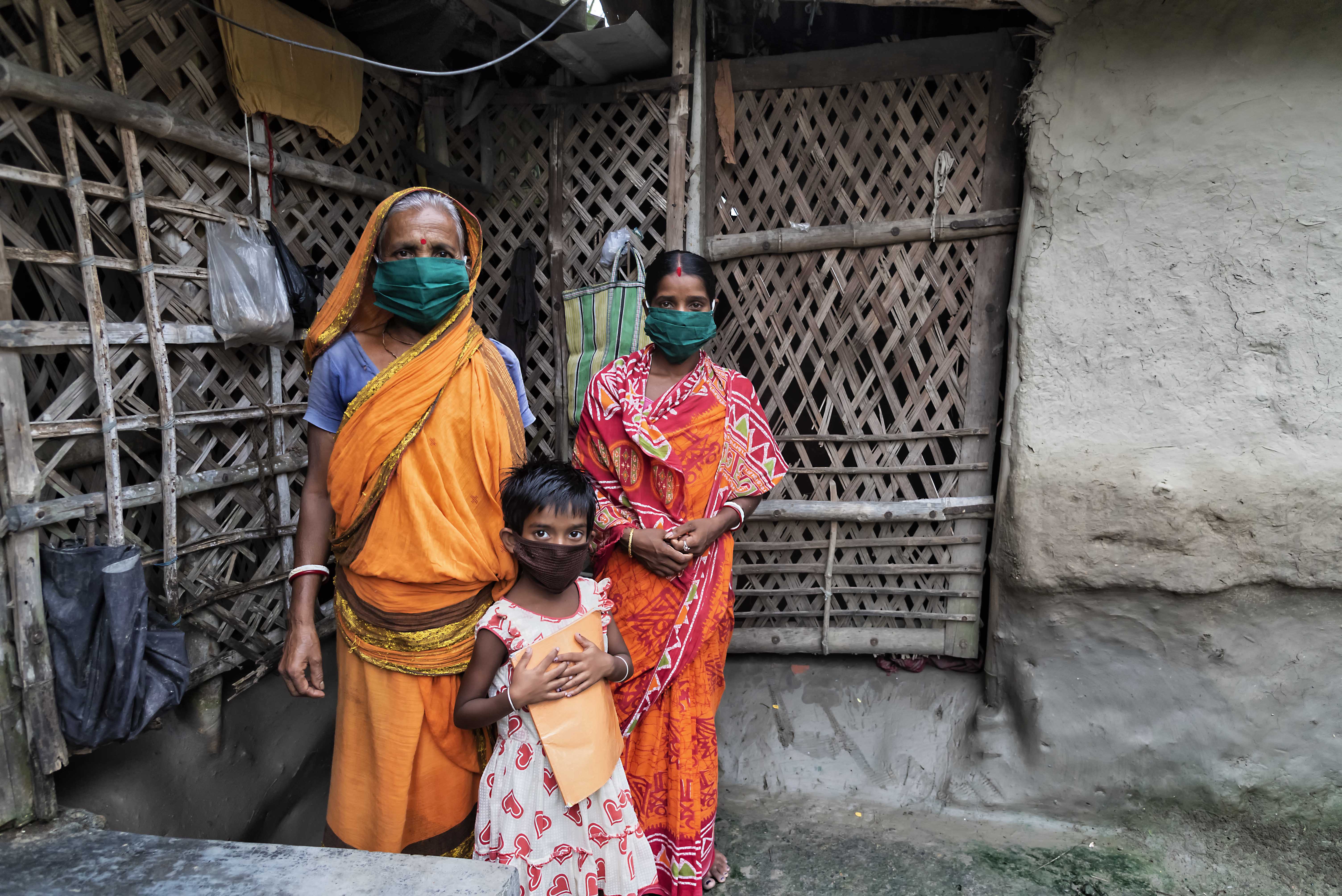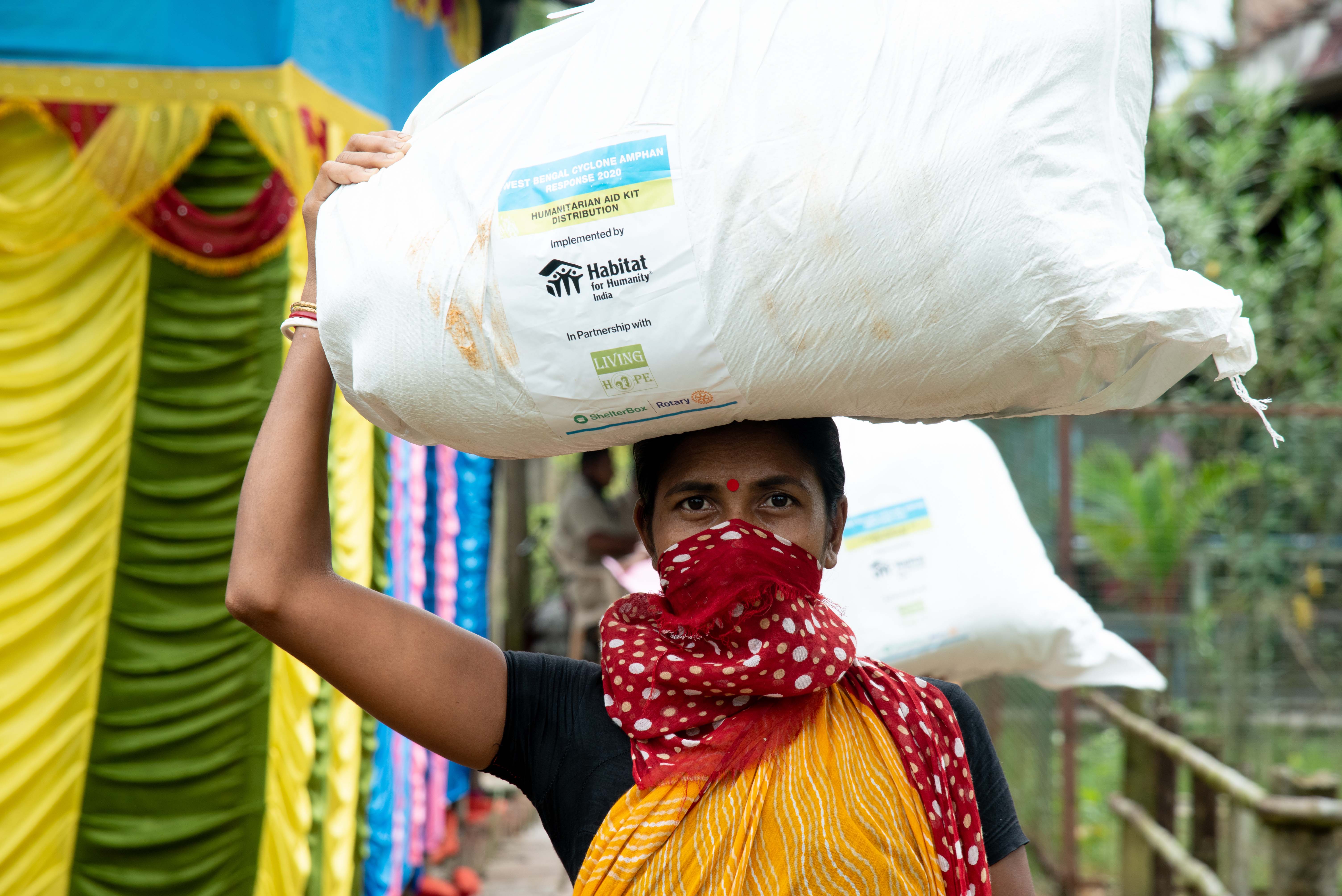WHAT HAPPENED?
In mid-May 2020, Cyclone Amphan tore through coastal regions of Bangladesh and north-east India. It was the strongest tropical cyclone to strike the River Ganges Delta since 1999.
The storm wreaked havoc, with winds of up to 185 km/h along with heavy rain and sea surges. It destroyed houses and crops and cut power supplies to cities and towns.
In India alone, 1.7 million homes were destroyed. Families in the states of West Bengal and Odisha were affected the worst.
People have struggled to rebuild lost livelihoods and find reliable food sources. And with coronavirus cases in India increasing, it was vital for families to have the space to self-isolate and avoid sharing items like cooking sets.
HOW HAVE YOU HELPED?
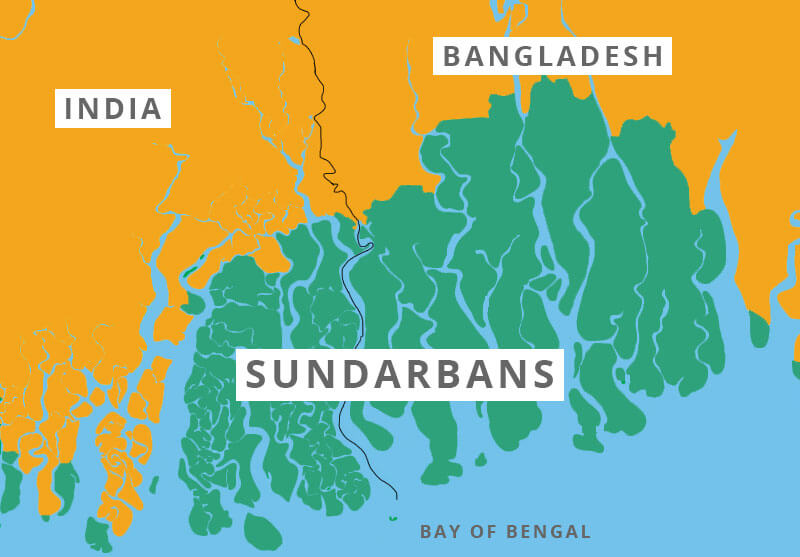
Thanks to our global supporters, and together with our partner Habitat for Humanity India, 1,400 families in the Sundarbans have received emergency aid. This is one of the areas worst hit by Amphan.
Families have received shelter kits to enable them to repair or replace damaged and destroyed homes.
They also received blankets, sleeping mats, mosquito nets, kitchen sets, and hygiene kits with soap, buckets, and face masks.
We have prioritized vulnerable families who need help the most. This included single-parent households, communities marginalized from society and those living in extreme poverty.
WHAT AID ITEMS DID YOUR SUPPORT PROVIDE?
Shelter kits have been provided to enable families to repair or replace damaged and destroyed homes.
Families have also received blankets, sleeping mats, mosquito nets, kitchen sets and hygiene kits with soap, buckets and face masks.
These everyday items will help people keep themselves safe from coronavirus and begin to think about the future.
Through our partner Habitat for Humanity India, we have delivered the aid and provided information for families on how best to use it.
We’ve also run remote training, including sharing our expertise on framing and bracing techniques using bamboo, the building material most commonly used in these communities.
Families were able to build stronger, more durable shelters to help them face the challenges of the following months.
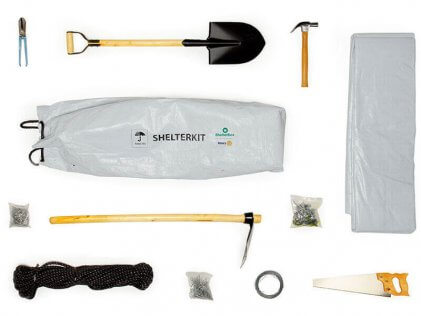
Shelter kits
A selection of hardwearing tools and materials will allow families to build shelters so they can follow social distancing guidelines
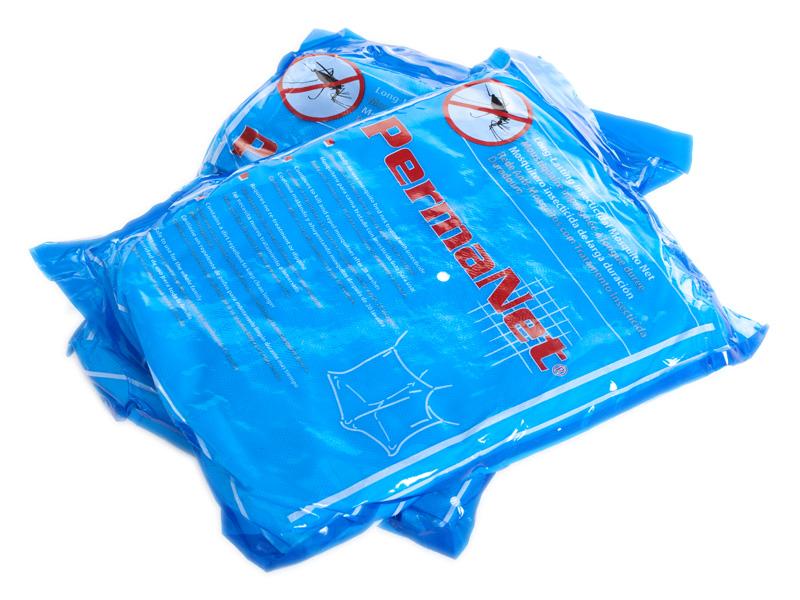
Mosquito nets
Coated with insecticide, our mosquito nets offer an extra layer of protection from insect-borne diseases like malaria or dengue fever
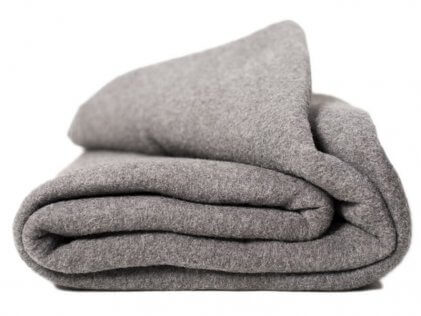
Blankets
Blankets help families stay warm and protect themselves from the cold
HOW DOES SHELTER SAVE LIVES DURING CORONAVIRUS?

Coronavirus is a deadly risk for vulnerable families who have lost their homes. But shelter can save lives by:
- Helping families to self-isolate and stay as healthy as possible
- Helping to adapt or expand a vulnerable family’s home to ease overcrowding and allow social distancing
- Helping people move from evacuation centres where families live close together
- Helping to reduce sharing of essential household items between families
By slowing the spread of the virus, shelter can save lives. You can give people shelter by supporting us today.

